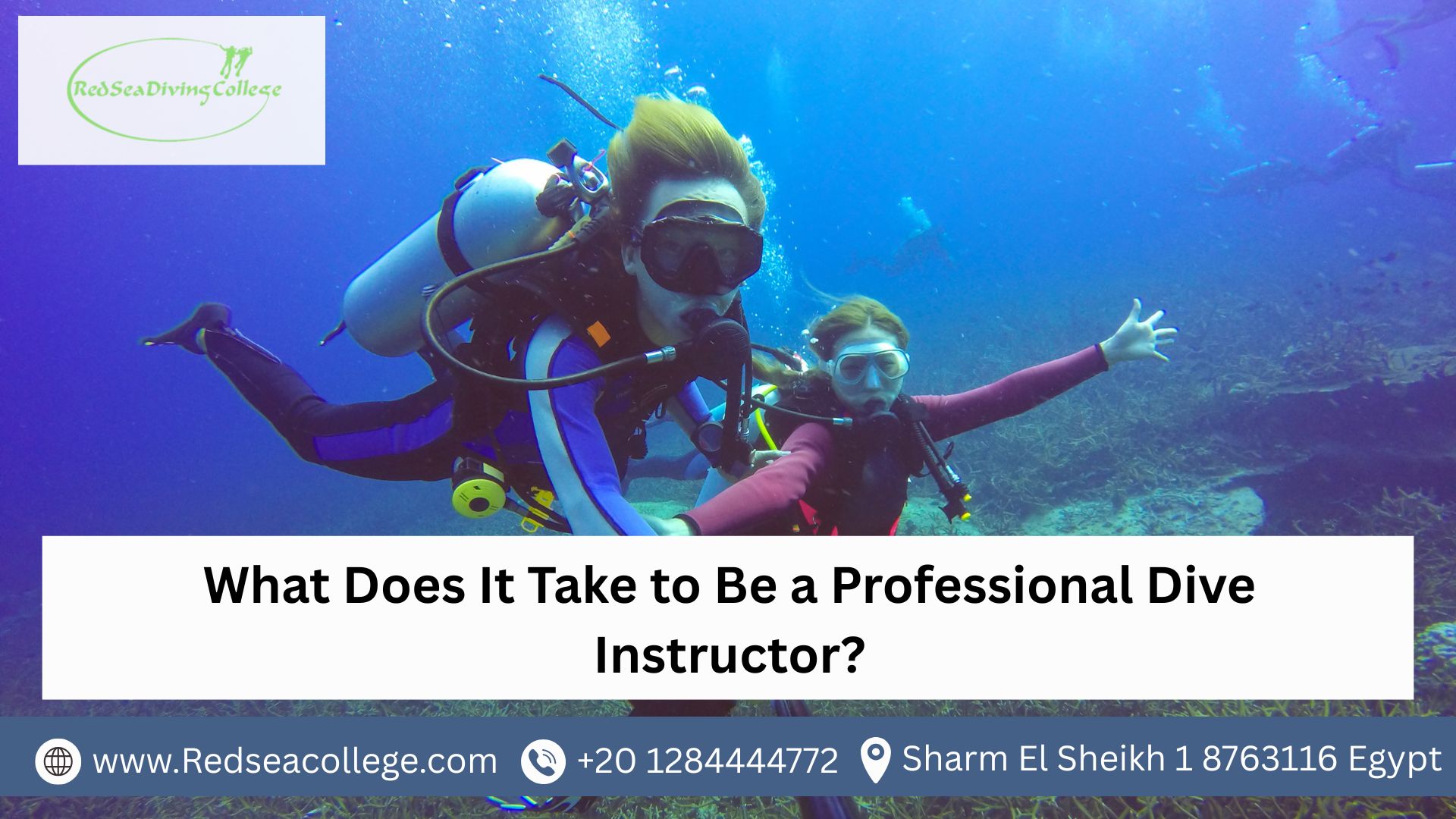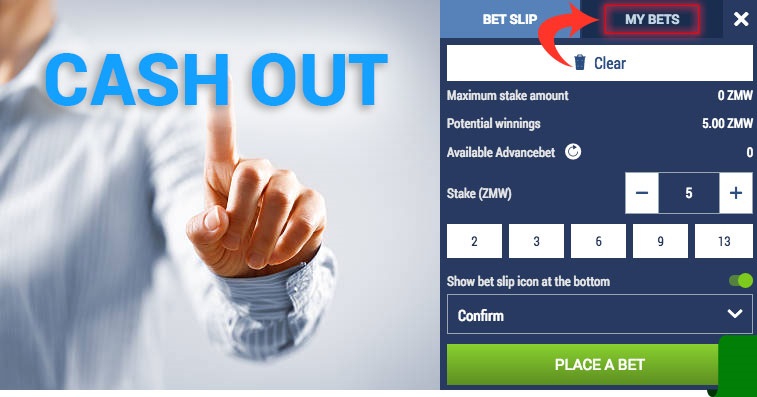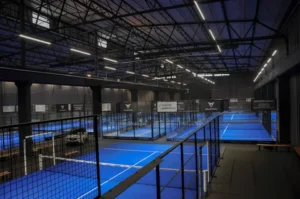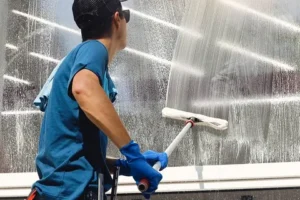What Does It Take to Be a Professional Dive Instructor?
Becoming a professional dive instructor is a rewarding journey that allows you to explore the fascinating underwater world while helping others discover the joy and thrill of scuba diving. If you’ve ever wondered what it takes to become a dive instructor, this article will guide you through the key steps, skills, and qualifications needed for the role.
What is a Dive Instructor?
A professional dive instructor is an individual who is trained to teach scuba diving to others, ensuring that students are equipped with the necessary knowledge and skills to dive safely. Dive instructors are certified by recognized diving organizations such as the Professional Association of Diving Instructors (PADI), Scuba Schools International (SSI), or the Scuba Diving International (SDI). These organizations set the standards for dive training, and instructors are required to follow these guidelines to ensure safety and effectiveness.
Step 1: Get Certified as a Diver
Before becoming a professional dive instructor, you need to be a certified diver yourself. This means completing the foundational diving courses that teach you the basics of scuba diving. The most common certification levels are:
· Open Water Diver: This is the entry-level certification that teaches you how to dive safely to a depth of 18 meters (60 feet). You will learn how to use diving equipment, communicate underwater, and manage basic diving emergencies.
· Advanced Open Water Diver: After completing the Open Water course, you can pursue the Advanced Open Water certification. This will allow you to dive deeper (up to 30 meters/100 feet) and gain experience in a variety of diving specializations, such as deep diving, night diving, or underwater navigation.
· Rescue Diver: This course focuses on emergency management, rescue techniques, and the skills needed to handle diving accidents. It’s an essential certification for anyone who wishes to become a dive instructor, as it ensures you are prepared to deal with emergencies effectively.
· Dive Master: A step before becoming an instructor, a Dive Master is a professional who assists instructors in leading dives, helping with training, and guiding groups of divers. This is the role that prepares you for instructor-level training by giving you real-world experience in the field.
Step 2: Choose a Dive Instructor Certification Program
Once you have completed the necessary diving certifications, the next step is to enroll in a professional dive instructor course. The most recognized programs are typically offered by organizations like PADI, SSI, or SDI. These courses will teach you everything you need to know to become a qualified dive instructor, from dive theory to teaching techniques.
The most common certification is the PADI Open Water Scuba Instructor (OWSI) course. This program is designed for individuals who have extensive diving experience and want to transition into teaching others how to dive.
Step 3: Meet the Prerequisites
Before enrolling in a professional dive instructor program, there are a few prerequisites that you must meet:
· Minimum Age: You need to be at least 18 years old to enroll in a dive instructor course.
· Diving Experience: You must have logged at least 100 dives before starting your instructor course. This ensures you have enough experience in the water and are familiar with various diving conditions.
· First Aid and CPR: To become a dive instructor, you must have current certifications in first aid and CPR. These skills are essential for dealing with any potential emergencies during dives.
· Dive Master Certification: You must hold a Dive Master certification or an equivalent qualification to be eligible for an instructor course. This ensures that you have the necessary leadership and diving skills.
Step 4: Complete the Instructor Development Course (IDC)
The next step in your journey to becoming a professional dive instructor is completing the Instructor Development Course (IDC). The IDC is a comprehensive program that teaches you how to teach diving. This course covers a range of topics, including:
· Dive Theory: You’ll learn about dive physics, physiology, dive equipment, and the environment. A solid understanding of these topics is crucial for explaining dive concepts to students.
· Teaching Techniques: You’ll be taught how to effectively communicate with students, structure your lessons, and manage a classroom. The IDC emphasizes the importance of patience, communication skills, and attention to detail when teaching.
· In-water Skills: As part of the IDC, you will be required to demonstrate your diving skills to a high standard. This includes demonstrating perfect buoyancy, controlled ascents and descents, and efficient navigation.
· Dive Planning: You’ll learn how to plan safe dives, including how to assess dive sites, calculate dive times, and manage gas consumption.
· Leadership: Being a professional dive instructor also means being a leader. You’ll learn how to supervise and guide divers, manage groups, and ensure that students feel safe and confident underwater.
Step 5: Pass the Instructor Exam
After completing the IDC, you must pass an Instructor Exam (IE) conducted by an accredited agency, such as PADI or SSI. This exam is designed to assess your knowledge, teaching abilities, and practical skills. The exam is typically split into two parts:
· Theoretical Knowledge: You will take written exams on dive theory, including topics such as dive physics, dive tables, equipment, and safety protocols.
· Practical Skills: You will demonstrate your ability to teach and lead dives. This may involve leading a dive, teaching a skill, or demonstrating rescue procedures.
If you pass the exam, you will be certified as a professional dive instructor.
Step 6: Gain Experience and Continuing Education
Once you get certified, you can start working as a professional dive instructor. Most instructors start by working at dive shops or resorts, leading dive trips and teaching courses. This hands-on experience is invaluable and helps you hone your skills in real-world scenarios.
In addition to your initial certification, continuing education is essential for staying up-to-date with the latest diving techniques, equipment, and safety protocols. Many instructors pursue advanced certifications in areas such as:
· Specialty Instructor: Specialize in areas like underwater photography, wreck diving, or cave diving.
· Master Scuba Diver Trainer: A higher level of instructor certification that allows you to teach a wider range of courses and specialties.
· Course Director: The highest level of instructor certification, allowing you to teach and certify new dive instructors.
Skills Required to Be a Great Dive Instructor
In addition to certifications, becoming a great professional dive instructor requires specific skills. These include:
· Strong Communication: A dive instructor must be able to explain complex concepts clearly and in an engaging way. Whether teaching students in a classroom or guiding them underwater, communication is key.
· Patience and Empathy: Every student learns at a different pace. It’s important to be patient, empathetic, and encouraging, especially with beginners who may feel nervous or unsure.
· Leadership: As a professional dive instructor, you will be responsible for the safety of your students. Good leadership skills will help you manage groups, make decisions under pressure, and ensure everyone has a positive experience.
· Physical Fitness: Scuba diving can be physically demanding, and you must be fit enough to perform rescues and handle the stresses of teaching underwater.
· Attention to Detail: Instructors must always be vigilant and aware of their students’ needs. Keeping an eye on safety, equipment, and dive conditions is essential.
Conclusion
Becoming a professional dive instructor is a rewarding career choice for those who love the water and want to share their passion for diving with others. It requires a combination of training, certifications, experience, and a passion for teaching. If you have the drive and dedication to succeed, the underwater world could become your classroom, and you could be the one guiding others through the beauty and wonder of scuba diving.













